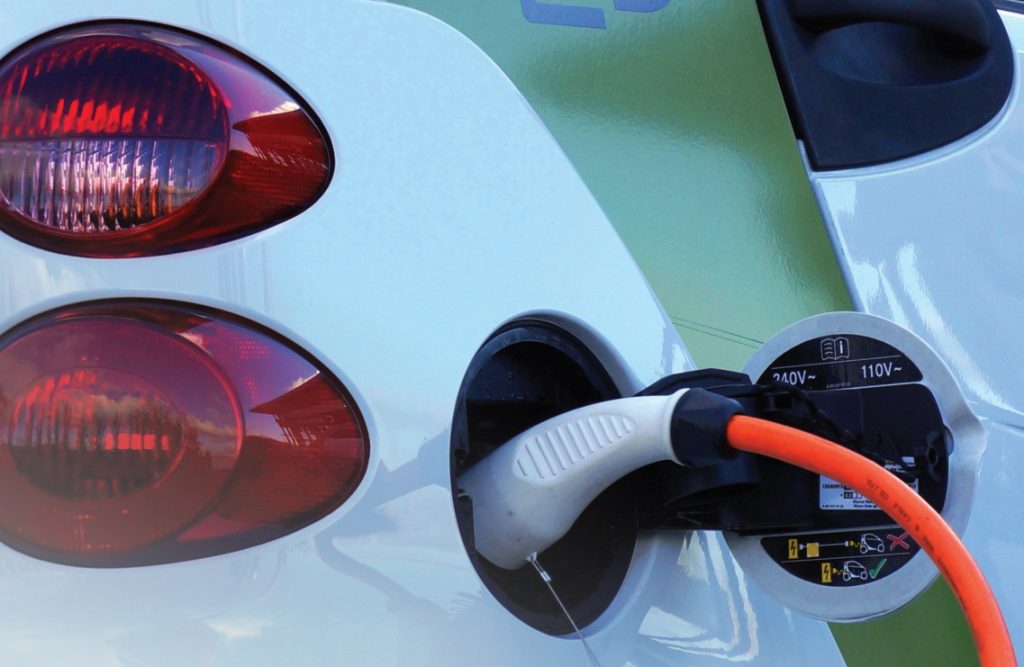Electric vehicles will reduce excise revenue by nearly 100 million
By 2030, the annual state budget excise revenue from petrol and diesel fuel will fall by nearly EUR 100 million as a result of the broader use of electric vehicles, says the Foresight Centre report “Future of Mobility. Development Trends up to 2035” which will be published on Tuesday.

“In ten years’ time, the predicted number of electric vehicles on Estonian roads is 85,000, and by 2040 these will include half of the cars on our roads,” said Foresight Centre expert Uku Varblane.
The report predicts that the annual revenue from petrol and diesel fuel will consequently drop by 2030 by over one fifth, i.e. nearly EUR 100 million a year in today’s prices, and as much as EUR 185 million by 2040. In addition to excise revenue, the VAT on fuels will also fall.
“If electric vehicles are embraced more readily than anticipated, the tax basis will fall even more rapidly,” said Uku Varblane. “This means that if electric vehicles become more widely popular, we cannot uphold the current logic of transport taxation. The reduced fuel excise revenue could be replaced with registration and annual fees of cars; however, for the purpose of conserving energy, it might be even more effective to tax private vehicles based on their mileage,” Varblane added.
Varblane explained that although vehicles that use power from renewable sources do reduce greenhouse gas emissions, this was not enough. “Electric motors alone do not make car traffic more space-efficient or resolve any of the related issues. In order to reduce the environmental burden, car rides should be less individual and more collective, preference should also be given to public transport or other more sustainable means of transport whenever possible,” Varblane said.
Varblane also listed other problems that remain unsolved, such as energy intensity, road risks, or fine particles from the wear of tires and road surfaces. “For example, one of the major sources of microplastic in the Baltic Sea is the wear of car tires,” he explained.
The final report of the Foresight Centre “Future of Mobility. Development Trends up to 2035” will be presented online on May 25 at 11 a.m. EEST.
The Foresight Centre is a think tank at the Chancellery of the Riigikogu that analyses long-term developments in society and the economy. The Centre conducts research projects to analyse the long-term developments in Estonian society, and to identify new trends and development directions.
Latest news
-
27.06 2025Current low birth rate will lead to up to 1.3 billion euros less tax revenue in the future
In its new short report “The impact of population ageing and low birth rate on long-term state revenue and expenditure”, the Foresight Centre notes that the lower than projected birth rate will reduce government spending on family policy and education, but in the long term, it will mean up to 1.3 billion euros less in tax revenue.

 An independent think tank at the Riigikogu
An independent think tank at the Riigikogu 